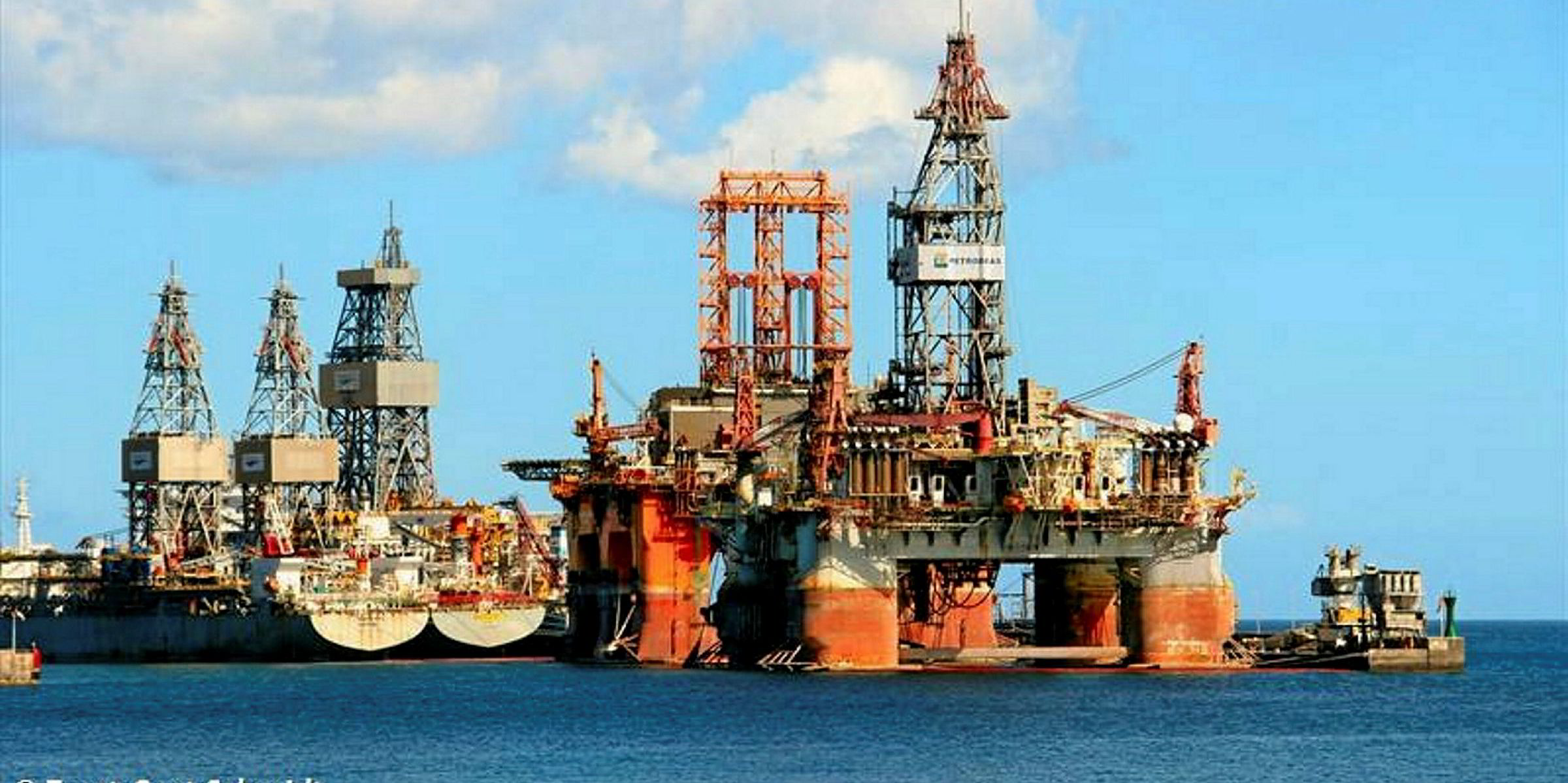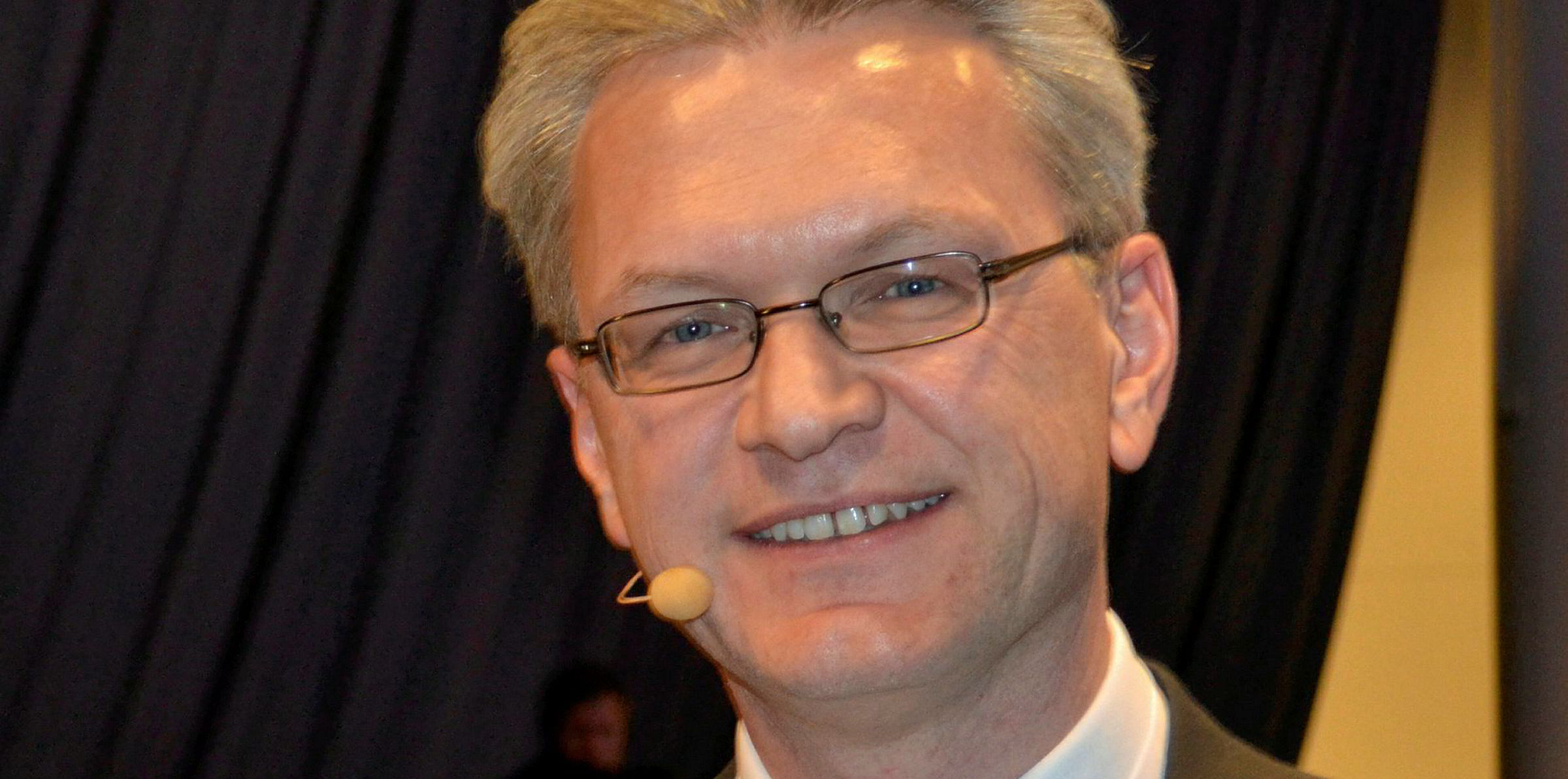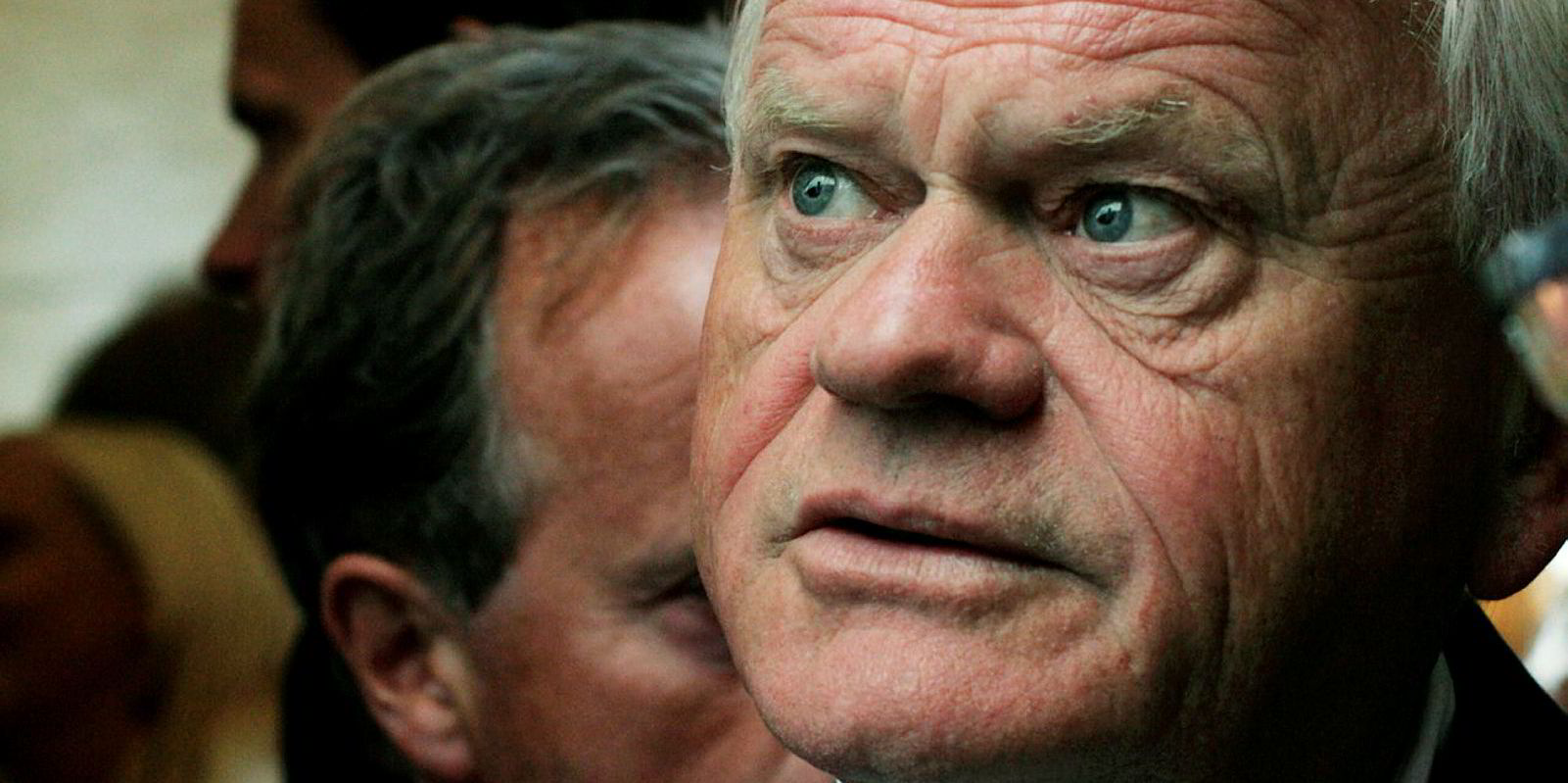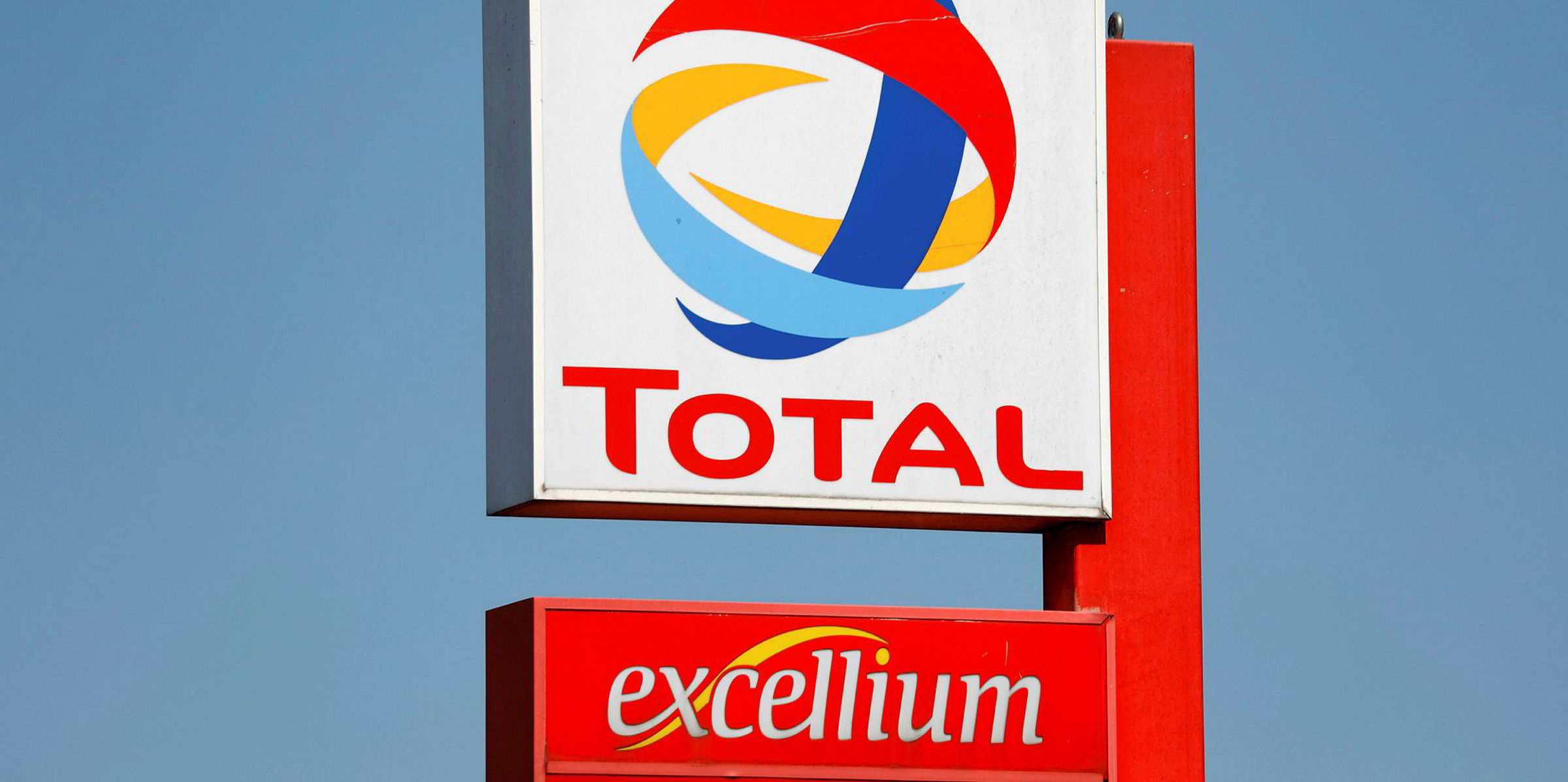SFL Corp has revealed is it not facing any charter reduction negotiations during the coronavirus pandemic.
That is excepting of course a request from Seadrill, backed by the US-listed shipowner's biggest shareholder John Fredriksen, to reduce rates for three drillships bareboated from SFL, as TradeWinds reported last week.
SFL chief executive Ole Hjertaker said the company had received no other "specific requests" to cut rates.
"If you get a call where you are asked if you would like to change the charter rate, we usually politely decline," he said.
Boxship markets have been a concern in the pandemic, with one SFL-owned ship idle and another due to a come off a charter in the summer.
"We have been very deliberate in the choice of our counterparties in the container space and also in terms of what kind of risk we are willing to take in the space," said Hjertaker on a conference call.
"So if you look at where most of our effective capital is invested, it’s on modern eco [ships] built after the financial crisis in the 9,000-teu to 11,000-teu range where we have invested more, because we see that’s a very flexible and versatile asset type."
No guarantees on big boxships
For the largest ships, the company has structured charters so that it has no financial liability outside its invested equity, with no guarantee liabilities on the units.
"So we have been deliberate in this and we have declined a lot of chartering opportunities for what we believe have been relatively more risky counterparties if you can call it that," Hjertaker added.
Regarding Seadrill, he said it would be in all stakeholders' interest for the company to be financially stronger.
"We are in a constructive dialogue with Seadrill to find a sustainable path going forward, particularly for the rigs that are idle, including the West Taurus," he said.

"But for now, Seadrill keeps paying the hire on schedule, and they had more than $1bn in cash at the end of the last quarter. And any adjustment would, of course, in any case, be subject to approval by the banks in the respective syndicate."
Fredriksen is a 27% shareholder in Seadrill. The drillship deals had a backlog of $900m for SFL as of 31 December.
"The base case here is that Seadrill, it comes through this...near-term soft market, that they continue to pay the charter rate as they should or, for one or some of the idle rigs, maybe with some delayed charter payments potentially," Hjertaker added.
"But in the long run, they should come back. They’re one of the market leaders, particularly on the harsh environment side and also in jack-ups. So I don’t think it’s pitch dark."
'Agnostic' on deal types
Looking to potential ship acquisitions by SFL, Hjertaker said the diversified ship lessor is agnostic when it comes to segments and deal types.
"We look at time charter deals, we look at bareboat deals. And we could even look at financing structures for that matter," he said.
"It’s all about risk-adjusted return for shareholders. We don’t have a set strategy...for how many vessels or how much capital should be deployed in each segment. It’s all on a deal-by-deal basis."
To illustrate that, he said that last year it screened and worked on deals totalling more than $20bn, but ended up doing very few of them.
"Our balance sheet and our standing in the market, makes us, I think, able to act when others can’t," the CEO said.
There is less competition in the market, with many rivals "more or less paralysed" in the crisis, he said.
Vacuum filling up again
When the coronavirus outbreak took hold, there was "almost like a bit of a vacuum" from a deal perspective, the boss added.
"We see more deal flow now [in the] last couple of weeks than we saw if you go back two months, for sure. And I can tell you that, if you have a strong company, you’re in need of effective liquidity," he said.
"We think it’s a good risk-reward. We will be your best friend. You may have to pay a little more for it now than you used to."
But the company is very happy to deploy capital if the risk-adjusted return is good.
"And if asset prices should come down, it means it’s a more interesting entry point," Hjertaker said.





